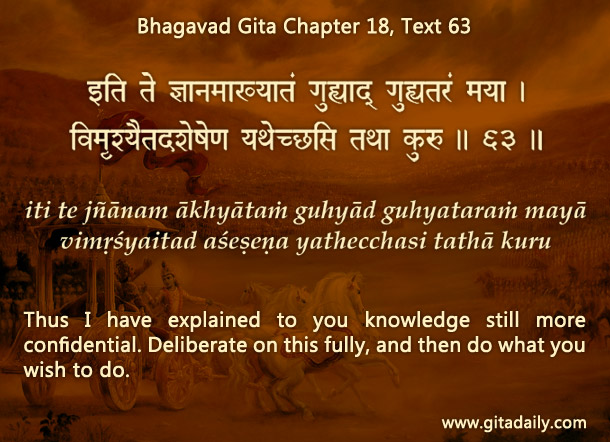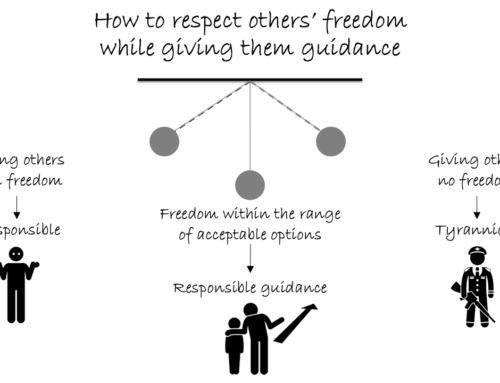
“Do we have the power to choose our actions or are they determined by factors beyond us?” This question confronts thinking humans, whatever their beliefs.
Our actions are genetically determined, claim some fanatical atheists who believe in the absolute supremacy of nature. They hold that we are products of nature and so cannot but obey nature’s orders. Whatever we do is determined by nature through the programs it has stored in our genes. Ironically, such atheists who expound that we don’t have any power of choice also exhort us to exercise that very power by rejecting religion and embracing atheism. Self-defeating, isn’t it?
Interestingly, some religionists too deny our power of choice. They hold that because God is Supreme, we subordinate beings have to do his will – so how can we have free will? However, this belief in divine determinism of human actions contradicts the spirit of God-given scriptures. These scriptures prescribe certain actions and proscribe other actions, implying thereby that we have the power to choose our actions. For example, the Bhagavad-gita (18.63) urges us to contemplate its message and thereafter choose our actions.
Gita wisdom explains that our power of free will doesn’t contradict Krishna’s supremacy but demonstrates it. Though he can control us absolutely, he chooses by his omnipotent will to give us free will so that we can choose to love him.
Significantly, the argument that we have no power of choice is intrinsically self-defeating. Why? Because the belief that we have no power of choice is also a choice. Thus in denying our power of choice, we affirm that very power. Instead of denying it futilely, we can direct it fruitfully. By choosing to love Krishna through the practice of bhakti-yoga, we can gradually attain the supreme fulfillment of eternal love.




Hare Krishna ,
Very nice explanation . Hari Bol ,Hari Bol.
Hare Krishna,
Very logically explained. Thanks.
QA based on the article:
http://www.thespiritualscientist.com/2014/07/how-does-atheism-lead-to-abolition-of-our-free-will/
ys
ccdas